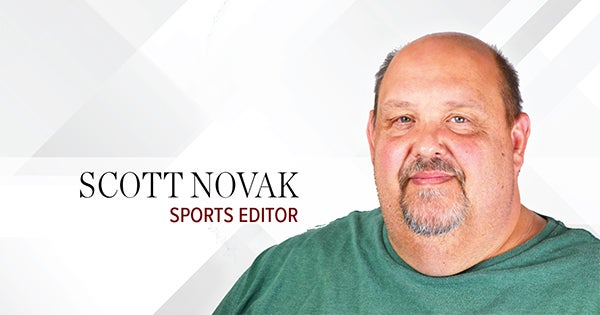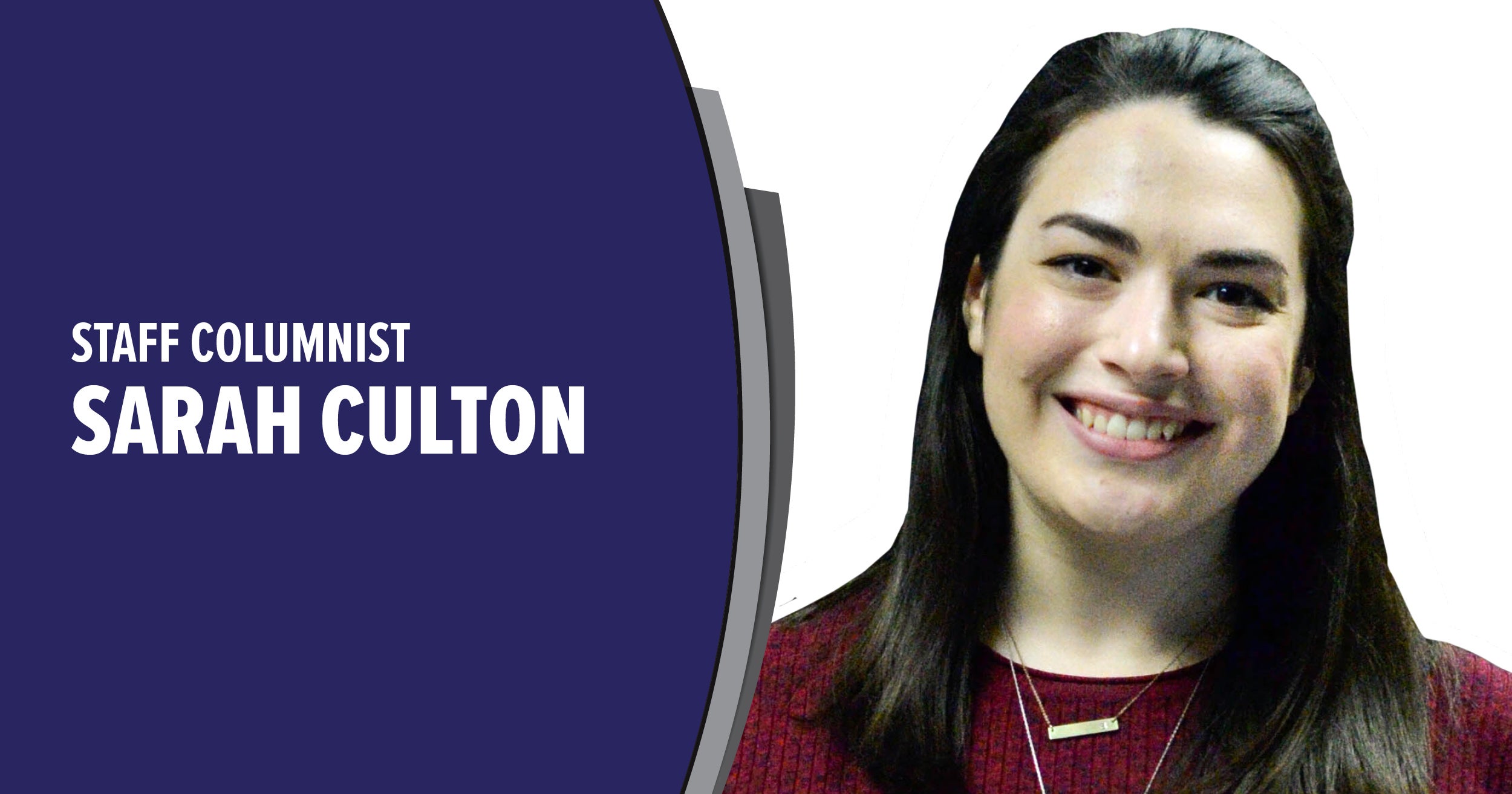The point we’re missing with the Charlie Hebdo tragedy
Published 10:17 am Thursday, January 15, 2015
Last week, journalists all over the world were united by a tragedy when 12 of their own were killed in a violent shooting by terrorists in Paris.
People from every walk of life — journalists or not — have spoken out in support of the magazine and the staff who were victims of this violent crime, recognizing the freedom of the press and freedom of expression with a passion I have not seen toward the subjects in my lifetime. Thousands of people have participated in rallies, holding up signs that read “Je Suis Charlie” and other French messages of support. Others have dedicated space on their social media sites, while celebrities all over the world have used their own notoriety to help spread the message.
In a time where the journalism industry has been supposedly dying a long slow death over the past decade, as a journalist, this support for the media has been heartwarming to say the least.
With that being said, I think a key lesson to be learned from this tragedy is being missed by many people. I think, as we go through he motions in our profession day in and day out, many journalists forget the magnitude of their actions, just as all kinds of people take for granted the power of their words.
The journalists at Charlie Hebdo, though, were not likely among these people.
We could debate the necessity of the messages spread during the past several decades that the magazine continues to spread. We could argue about whether the cartoons crossed lines or were unnecessarily vulgar and we could debate whether or not the messages published by Charlie Hebdo were even effective.
What we cannot dispute, however, is these journalists’ passion for the messages they were trying to convey.
For those who do not know, Charlie Hebdo is a satirical magazine that for decades has taken on world issues through parody — much like a more serious version of America’s “The Onion.”
Charlie Hebdo staffers spread their messages in unconventional ways, which is perhaps why they have been so successful. Writers and artists with the magazine force their readers to assess world issues in a new light, and the longevity of the publication seems to prove that it works.
Despite having been under scrutiny multiple times in the past, these journalists have literally risked their lives to address issues that matter to their readers. These people go above and beyond to make their audience think, and continuously fight for their right to do so in their own way.
My point is, no matter how you feel about the way the staff at Charlie Hebdo approaches the issues, there is something to be learned from the passion these people have for their freedom to express themselves. If more journalists learned from the Charlie Hebdo staff and focused on the impact of their work in society instead of finding stories that increase click rates, I’m quite certain talk of the industry failing would be much more scarce.
After all, if we aren’t addressing the issues with the same fervor and passion for our right to do it as the Charlie Hebdo staff, is there any point in doing it at all?
Ambrosia Neldon is the managing editor at Leader Publications. She can be reached by phone at (269) 687-7713, or by email at ambrosia.neldon@leaderpub.com.





